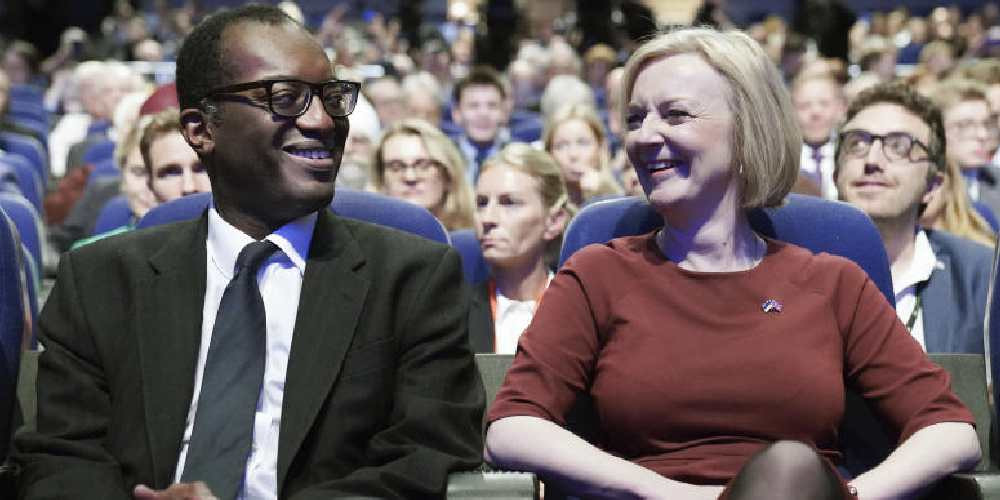×
The Standard e-Paper
Join Thousands Daily

Kwasi Kwarteng's stint as Chancellor of the Exchequer (Finance Minister) goes down as the second shortest in British history.
British-born and of Ghanaian heritage, Kwarteng was Chancellor for only 38 days, achieving the awkward distinction of being the official runner-up to Iain McLeod who served for 30 days in 1970 before dying of a heart attack.